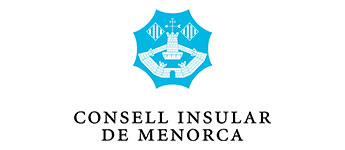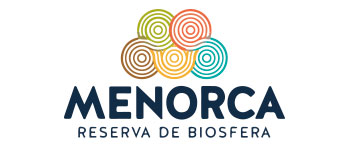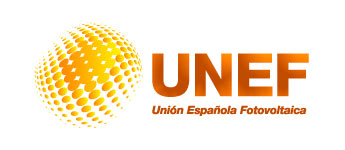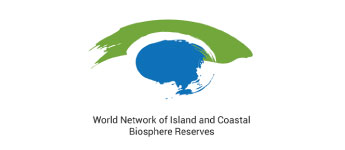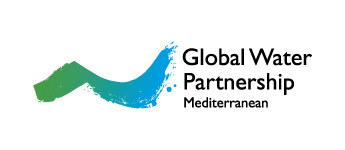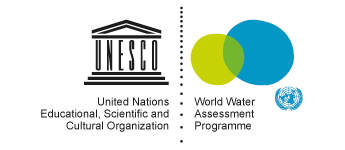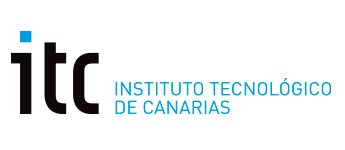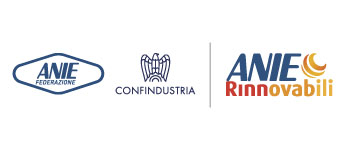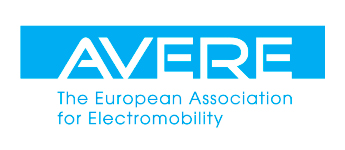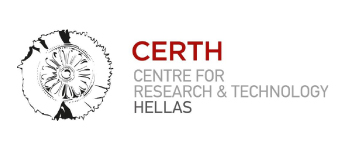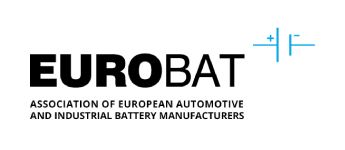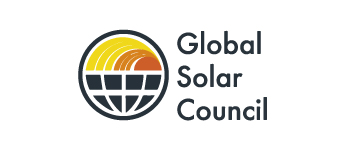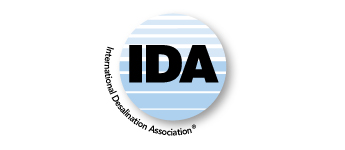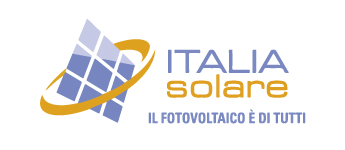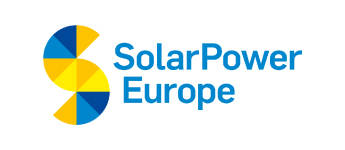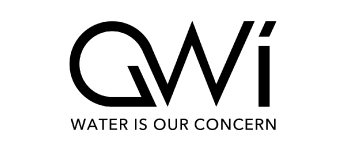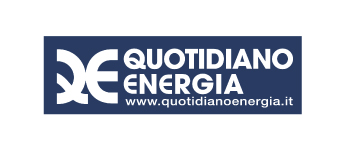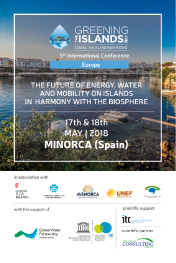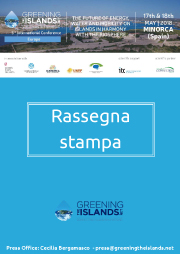The prospect of a circular economy was repeatedly invoked during the two-day Greening the Islands International Conference as the best path towards the sustainable development of islands, embracing sectors as varied as energy and transport, water and tourism in a single vision.
Islands deserve particular attention within the policy and legal frameworks that look to establishing a circular economy in Europe: it’s indispensable for islands as closed systems to exploit their natural resources effectively while at the same time they have limited local resources and little capacity for sustainable projects.
“It is essential for islands to manage their own scarce resources (both in terms of materials, waste and water) sustainably, to become even more resource and
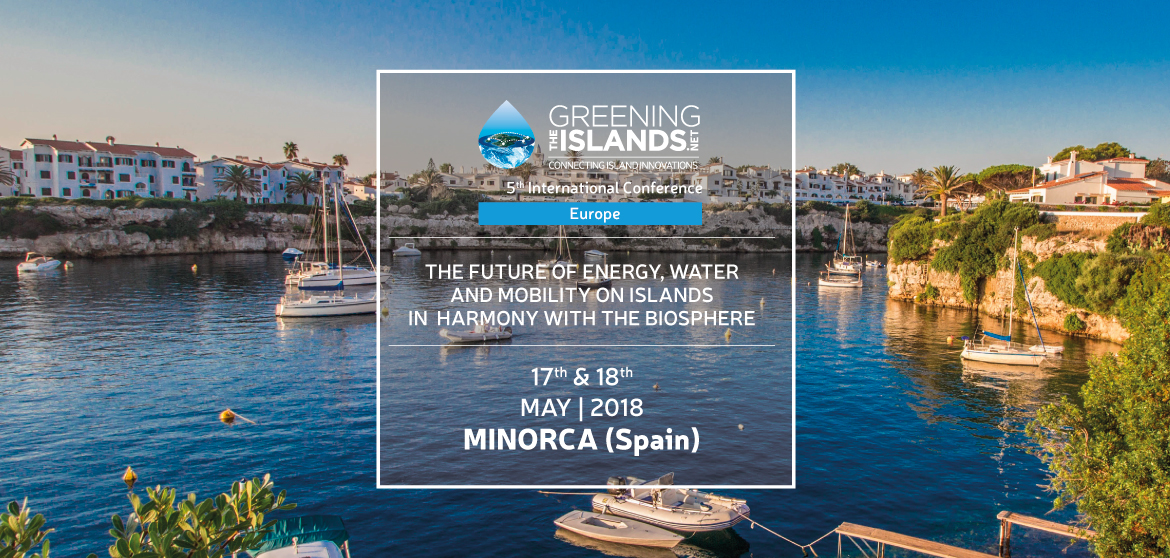
THE FUTURE OF ENERGY, WATER AND MOBILITY
IN HARMONY WITH THE BIOSPHERE
Circular economy is key to promoting sustainable development on islands
First annual plan of the Greening the Islands Observatory defined at launch event
energy efficient, and to protect their environment and the surrounding marine environment,” said George Kremlis, Honorary Director – Directorate General for the Environment, European Commission – Active Senior responsible for circular economy in the islands.
The switch to a circular economy model would reduce islands’ need to “import” energy and natural resources because local resources would be used more efficiently, to the benefit of the local environment as well. This would have the advantage of creating jobs for all those living on islands today and provide growth with direct benefits for the local economy.

Water is a hot issue for islands, and beyond. It is a limited resource for all of us, with one third of Europe experiencing water stress. The growing needs of our economies and climate change will make the availability of water in sufficient quantity and quality even more of a challenge in Europe in the future. Water reuse, still far below its significant potential in the EU today, is included as a priority in the European Commission’s Circular Economy Action Plan to ensure the uptake of secondary raw materials markets.
To achieve their ambitions for sustainable development, islands need to think and work together on setting up scalable projects that can have an impact and mark a
radical shift, above all in terms of energy, transport and water.
“In the last years, a high number of interesting projects were submitted and financed by the European Commission, but now islands are advised to co-ordinate and collaborate on innovative solutions and organise common, standardised deployment to make the solutions roll out to the market. The European Commission will support you all the way. Let’s do this now, together!” said Helmut Morsi – Adviser to the Director and Coordinator for Innovation, European Commission, DG MOVE-B.
Greening the Islands Observatory
The inaugural meeting of the Greening the Islands Observatory defined plans for its first year of study, providing a concrete support for islands by creating the context for implementing best practices in the energy, water and mobility sectors.
The concept of “circular economies” will be central to the work of the Observatory.
Selecting four or five European islands, one from the Asia Pacific region and one from the Caribbean, the Observatory will:
Furthermore, the Observatory aims to stimulate partnership agreements and coalitions to apply for public funds (European, World Bank, etc.) to finance these projects, elaborate recommendations on roadmaps for decarbonisation plans and collect success stories and best practices.
“There is a gap between the needs of islands and access to finance for projects that would answer those needs. The GTI Observatory aims to put public and private bodies at different levels around the same table and provide them with all information needed to tackle islands’ transition towards sustainability,”
commented Gianni Chianetta, Director & Scientific Coordinator of Greening the Islands.
The GTI Observatory will also involve institutions that are already working or have relevant data and information on islands and generate synergies. Solar Power Europe, Eurobat, Unef, ItaliaSolare, Elettricità Futura and Anev have already decided to join the Observatory, while Eurelectric, WindEurope, Avere, IDA, Global Solar Council have the approval process under way and most of them participated in the first meeting.
AWARDS 2018
See the winner projects
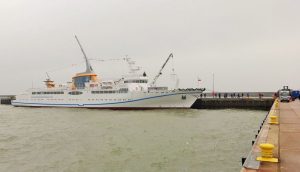
Germanies first LNG-Ferry MS “Helgoland”
Winner for the category Mobility General information: Island (Region, Province, Country): Helgoland Population: 1500
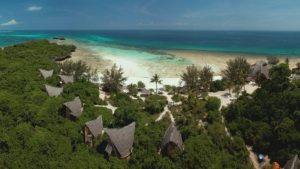
Chumbe Island Coral Park
Winner for the category Water A pioneer eco-lodge introducing environmentally friendly technology for water and sanit
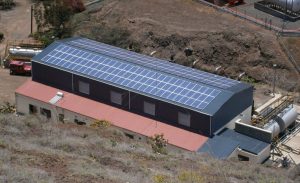
Energy: 100% Renewable St Helena
Winner for the category Energy General information: Island (Region, Province, Country): St Helena, South Atlantic Oce



